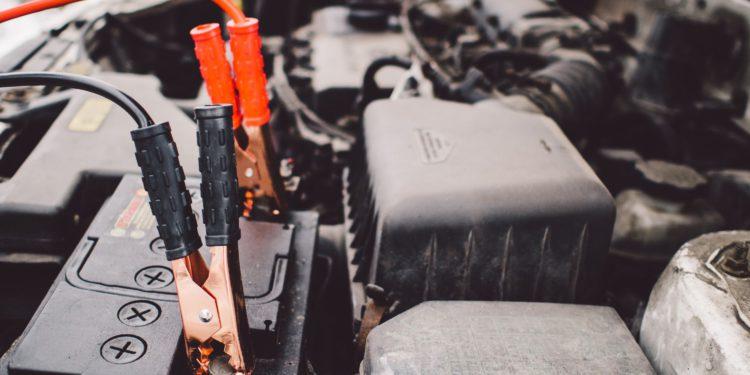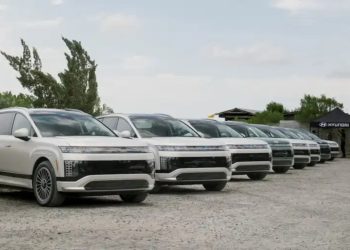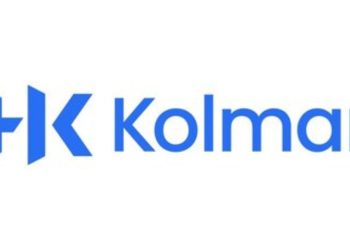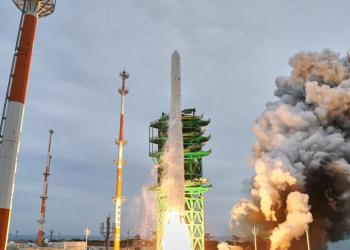South Korea is set to allocate a financial package of 38 trillion won ($29 billion) over the next five years for its battery industry. The initiative, unveiled by the country’s trade, industry, and energy ministry, will enlist major South Korean banks, including the Korea Development Bank, Export-Import Bank of Korea, and the Industrial Bank of Korea.
The comprehensive financial support package encompasses loans, credit guarantees, and tax support, providing a crucial boost to companies operating in the battery industry. This initiative aims to strengthen the resilience and autonomy of the South Korean battery sector, responding to international calls for greater self-sufficiency and reducing dependence on foreign nations for crucial materials and components.
South Korea plans to offer financial support for the battery industry, focusing on guarantees, loans, and insurance facilitated by institutions such as the Export-Import Bank of Korea.
This financial assistance will extend to companies making investments in North America, providing them with avenues to qualify for tax credits under the U.S. Inflation Reduction Act. In tandem, the country is steadfastly dedicated to elevating the competitiveness of its secondary battery industry to a global pinnacle over the long term, as outlined in the official release.
Further, South Korea is planning to establish a fund totaling W1.17 trillion dedicated to promoting industry initiatives. Concurrently, an investment of W73.6 billion is allocated for research and development projects crucial for advancing battery technologies. Additionally, legislative efforts are in the pipeline for the industrial ecosystem, supporting the recycling of eligible used batteries into new products.
Presently, the Korean top firms like L.G. Energy Solution, Samsung SDI, and SK On collectively hold a 49% share as of 2022, according to data from South Korean market intelligence firm SNE Research.
This expanded financial aid is designed to benefit battery industry firms, particularly those making investments in North America, aligning with the criteria for tax allowances under the U.S. Inflation Reduction Act (IRA).
South Korean battery firms have adjusted their 2024 sales outlooks in response to a slowdown in electric vehicle sales. It is partly attributed to increased auto financing costs for consumers.
Amidst these initiatives, the U.S. release of guidelines for the Inflation Reduction Act’s foreign entity of concern (FEOC) standards this month has raised concerns among South Korea’s battery stakeholders. The Korea International Trade Association expressed apprehensions about potential extra costs for South Korean firms collaborating with Chinese counterparts due to FEOC risks and potential adjustments in stakeholding ratios.
However, the Korea Battery Industry Association, as of December 4, expressed confidence that the IRA’s impact on South Korea’s position is likely to be limited, and it does not anticipate a major disruption.
Also Read:
- Hyundai Motor Group Forges $398 M Partnership with Korea Zinc for EV Battery Materials
- SK On Invests $1.12 Billion to Boost Battery Production in South Korea
- LG Chem to construct next hub of K-battery in Korea with China’s Huayou Cobalt
- POSCO Future M and Sungkyunkwan University to foster battery material skills in Korea







